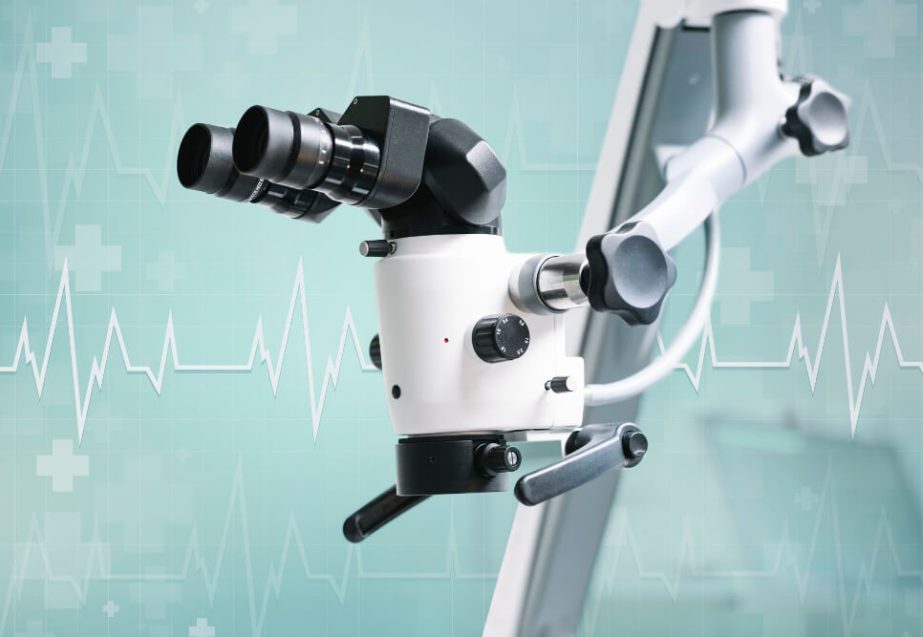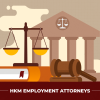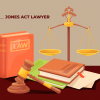
Recently, we have seen a rise in Medical artificial intelligence. Yes, you read that right!
The potential for AI to smooth out the issues in overloaded medical systems is significant.
It can analyze vast amounts of data and offer diagnostics or treatment recommendations quickly; it could nearly pass as a medical marvel.
However, this technological prowess is not immune to slips and trips; mishaps happen.
When AI errors lead to personal injury or worse, it prompts a sharp inquiry into who bears the liability for such harm.
Stick around as we delve into this pressing issue where technology intersects with legal and ethical boundaries.
Medical Malpractice
The ‘duty of care’ principle is foundational in healthcare. If a doctor messes up because they did something they should not have or failed to do something crucial, they could be liable for negligence.
For example, a mix-up in surgical procedures due to errors by the medical team, leading to surgery performed on the wrong side of the patient’s head, would create grounds for a medical malpractice claim.
Types of common Medical Malpractices
- The faulty prescription of required medicine and health drugs, leading to worsening the health of the patient.
- The inefficiency in diagnosing the accurate medical issue.
- A frequent shortcoming of postoperative medical care.
- Unavailability of specialized physicians at hand, regarding a particular health hazard.
- The occurrence of surgical mishaps, where the required surgical care for a particular issue is not provided.
Frequent Tech Troubles in Healthcare
Tech gadgets are game-changers in healthcare. They are becoming a go-to solution due to all the surface advantages, especially cost efficiency.
Nevertheless, it is high time we remind ourselves of all the possible speculations that medical AI might get us involved with, as no one is present to take accountability when things go south.
“Tracing accountability can be complex but essential. Both the makers and users, who in this case are medical personnel, might find themselves under scrutiny,” says personal injury lawyer Ronny Hulsey of the Smith Hulsey Law.
Malfunctioning of Devices
Although Ai tools have been proven helpful to a certain extent, if these tools falter, it is not just a technical hiccup—it can lead to a defective product liability claim.
This type of claim steps in when injuries are caused by malfunctioning devices, invoking strict liability wherein manufacturers could be held responsible regardless of negligence.
Shortage of Accessibility
The medical artificial intelligence tools are not accessible in the rural and remote areas, which points out a major inefficiency in the medical field.
Even though a few common tools are immensely used over there, Ai aggravates the medical condition, which makes the situation even more confusing and helpless.
Breaching privacy standards
The usage of medical AI tools paves the path towards a complete violation of the patient’s privacy, influencing risky outcomes such as ransom attacks, threat calls etc.
By doing this, we are not only putting the physical health of the patient into jeopardy, but their legal security as well.
Inaccurate and Intensified Diagnosis
Most of the time, the medical artificial intelligence used for diagnosing a patient leaves them more confused and traumatized with an inaccurate and magnified diagnosis.
The two primary reasons working behind this issue stems from both the parties involved.
On one hand, the technology remains unsuitable for the human demands, while on the other hand, patients/doctors fail to narrate the whole problem, as they are more adapted to a human-to-human interaction.
The Blame Game Between AI and Healthcare: Do We Have a Winner?
In healthcare, determining fault when AI fails is not cut-and-dried. Medical professionals might be inclined to point fingers at technology for errors, arguing that AI developers should take the legal hit.
Conversely, AI companies contend that the duty of care remains squarely with the medical staff who implement and operate these technologies. The battle stays ongoing, without a hint of any feasible solutions.
Currently, there’s no solid precedent in law rooms on this issue. However, ongoing medical lawsuits are slowly paving the way to more transparent regulations and responsibilities within this complex tech and human interaction synergy.
Emerging Standards in AI Healthcare
The dynamic nature of AI in healthcare introduces unique challenges, especially concerning the standard of care. Currently, physicians have the option to use or not use AI systems.
However, as these technologies evolve, the decision to avoid AI could expose doctors to accusations of substandard care, which makes this topic an ongoing debate.
For example, if there is an AI tool that is 99 percent accurate at diagnosing a problem and a doctor fails to use it leading to a misdiagnosis, they risk falling under the standard of caregiving grounds for medical malpractice claims.
This technological shift could create a legal paradox which pressures the physicians to adopt or reject AI, depending on its reliability and adoption rates within their field.
Research suggests that a collaborative approach taken by the healthcare and the medical artificial intelligence might pave the way for a more medically and legally secured future.
A healthcare system where both the physicians as well the medical artificial intelligence come together and diagnose an issue, the risk of a false diagnosis ceases to exist.
Towards a Balanced Future for Medical Artificial Intelligence
A “no-fault” indemnity system akin to what’s used with vaccines could be the way forward. This setup could potentially shield tech firms from crushing lawsuits while swiftly compensating those affected by AI errors.
In a different context, envisioning AI as a legally accountable entity required to carry its insurance is also an option.
These forward-thinking ideas continue to gain attention as Congress deliberates over refining these burgeoning personal injury liability landscapes.
Read More:
- How Can a Lawyer Help with Your Insurance Claim?
- Creating a Strong Personal Brand: Being a Lawyer in 2025
- How Maritime And Cruise Ship Lawyers Protect Passenger Rights?











0 Reply
No comments yet.